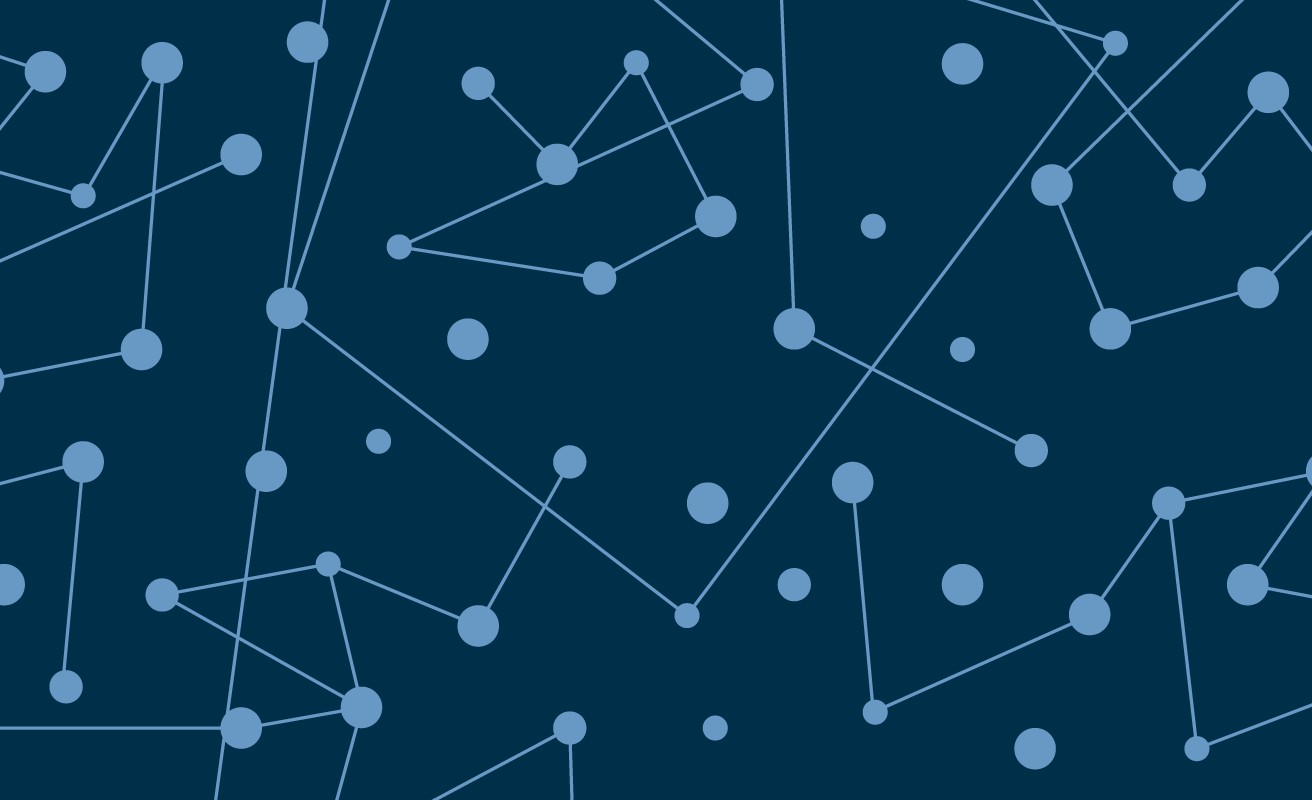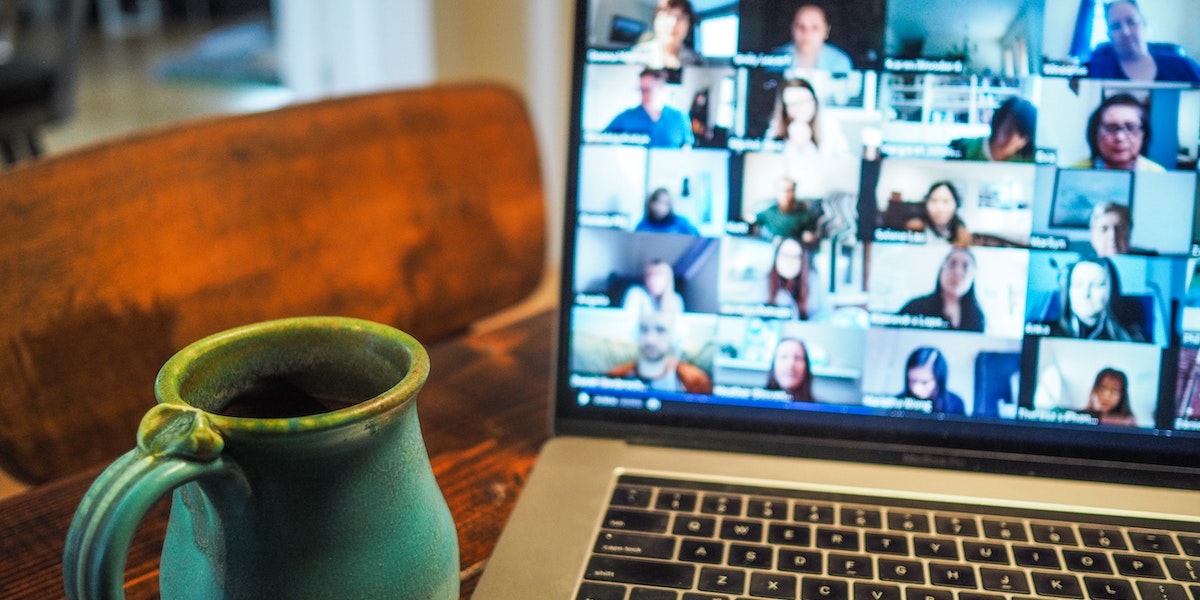
The Future of Work - AI, Gigs, and Mobile Employees
The way in which we work is changing and the advances in technology, globalization, and employee preferences are driving the change.
In 2015 Millennials became the largest generation in the workforce. By 2020 they will be close to 50% of the workforce. Also, since 2012 the average employee tenure has been falling in line with lower unemployment and a growing economy. However, with the rise of automation the world could see 800 million fewer jobs by 2030.
These trends are forcing companies and employees to re-evaluate what it means to “work” in the traditional sense of the employee – employer relationship, and the types of work that will be required of employees in the coming years.
The rise of the gig economy
Today, 1 in 5 jobs is held by someone under contract. In a decade the amount of contract based work could increase to 50%. Capitalizing on the growing gig and freelance economy, however, is a tricky nut to crack.
Some individuals value the flexibility of “gigging”, while others are only doing freelance until a more permanent working situation presents itself. Leveraging a contract workforce does potentially offer agility and cost benefits, but there are continuity concerns. And just like traditional employees, attracting and retaining the right freelancers is not a cheap endeavor.
Mobile and remote employees
With the rise of cloud hosted solutions, video conferencing/chat and pervasive wifi, it is easier than ever to work remotely and on the go. Pair that with increasing preferences by millennials for opportunities to work outside their home office (both abroad and domestically) and you have an atmosphere ripe for a distributed workforce – working between time zones, countries, and employment structures. Ensuring you have the tools and policies in place to support a mobile and distributed workforce is key to getting ahead of this trend.
AI and Technology
AI has been a hot topic in recent years with notable personalities like Elon Musk warning of it’s dangers (think a Terminator-like scenario). While this may play into some post apocalyptic sci-fi fantasies, the more immediate and tangible effect is on how automation and AI will impact how we work.
We’re likely to see repetitive tasks both, manual and digital, be replaced by AI and Automation. However with the rise of of AI and automation there will be a need for employees to master new skills and transition into different roles within an organization. It will be up to employers to ensure that their workforce has the new skills to meet the demands of evolving roles.
If you’re interested in learning more about the Future of Work, join Jennifer Farris, CEO Squadley by FarsideHR, on March 15th at 11am PT for a live webinar where she discusses how your organization can learn about, and benefit from the changing nature in workforce structure through cost and agility advantages. CLICK HERE TO REGISTER.



